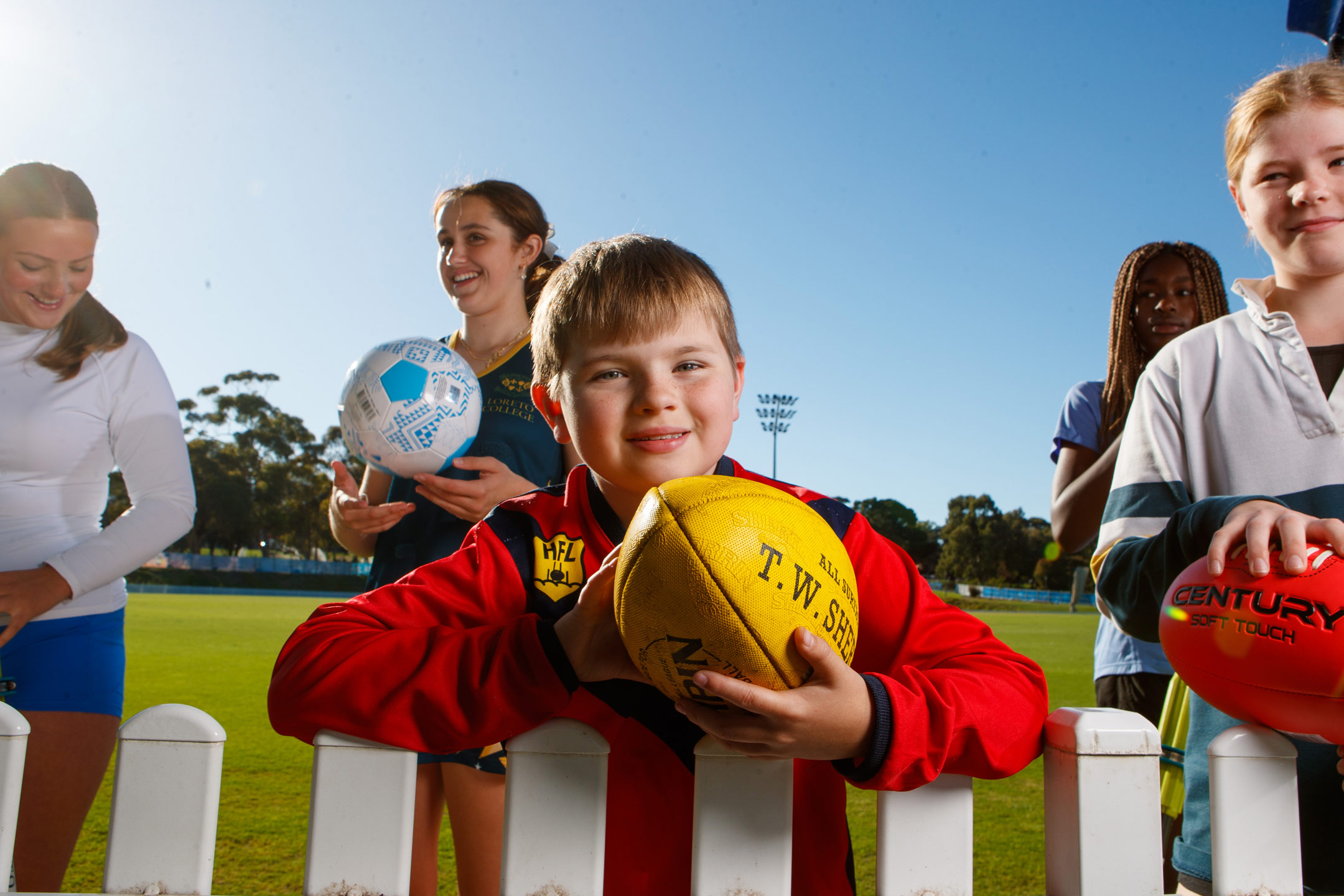
23 May Why elite athletes have shared their experiences of body shaming
Elite athletes have united to address body shaming and encourage young Australians to stay in sports, aiming to create a healthier and more inclusive environment within community sports clubs.
With the Paris Olympics nearing, former Olympic swimmer Libby Trickett reflects on the intense scrutiny faced by athletes. “Throughout my career, my body was a frequent topic of discussion—too fat, too thin, too fit, too muscly—despite my peak physical condition,” says Trickett. “This issue isn’t limited to professional athletes; it starts early, affecting kids who love sports.”
To tackle this issue, Trickett has joined forces with Embrace Kids, a health promotion charity led by 2023 Australian of the Year Taryn Brumfitt and international body image expert Dr. Zali Yager. Together, they have launched the Activate Masterclass, a video series designed to help community sports clubs foster positive body image practices. The masterclass provides practical advice and real-world examples for creating supportive environments, preventing young athletes from quitting due to body shaming.
Trickett shares a poignant memory: “At 16, a boy called me a ‘butch bitch’ at training, making me feel uncomfortable in my strong, fit body. Such comments, from peers and even coaches, linger and hurt. But it’s not just about my story; it’s about countless others who face similar challenges.”
Joining Trickett in the masterclass is Sarah Perkins, an AFLW player who faced criticism for not fitting traditional athlete stereotypes. “Growing up, there were few female athletes to look up to. Despite negative comments about my body, I focus on the positive impact I can have as a role model,” says Perkins. She emphasizes the importance of diverse representation and mindful language in sports.
Perkins shares her experiences of social media scrutiny: “Social media can be brutal, with people quick to judge based on appearance. However, for every 100 negative comments, there are 1000 positive ones that remind me of the importance of visibility and representation.”
The Activate Masterclass is part of the broader Activate by Embrace Kids program, which also includes a free Playbook launched last December. This initiative targets four key areas: banning body talk and shaming, representing all bodies, flexible sport uniforms, and promoting food as fuel. Dr. Yager notes that addressing these factors can improve player wellbeing and increase sports participation.
Embrace Kids’ comprehensive approach is designed to tackle body image issues from multiple angles. “Our Playbook and Masterclass provide clubs with the tools they need to foster positive environments,” says Dr. Yager. “By implementing these changes, we can help young athletes feel accepted and confident.”
Taryn Brumfitt highlights the role of sports clubs in community life. “Embrace Kids aims to create positive change wherever young people live, learn, and play. Our resources are designed to be accessible, supporting volunteer coaches in making sports welcoming for all.”
The final instalment of the program will include physical resource packs for sports clubs, featuring posters and stickers to reinforce positive messages. Brumfitt adds, “Our goal is to make it easy for clubs to engage with these resources, ensuring that young athletes can enjoy sports without fear of judgment.”
- Embrace Kids is dedicated to providing evidence-based resources to promote healthy body image among young people, supported by the Australian Government.
- Coaches, parents, and administrators can access the FREE Activate Masterclass at: bodyimageresources.com.
- View Embrace Sport Playbook here



